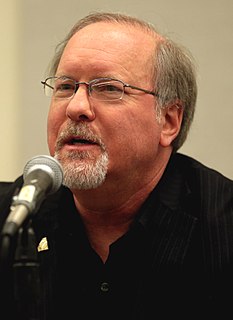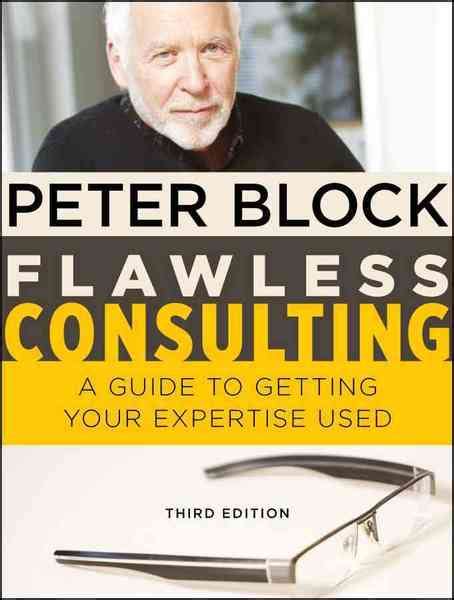A Quote by Noam Chomsky
The big change, the really radical change in communication, was in the late 19th century. The shift from sailing ships to telegraph is astronomical. Everything since then has been small increments, including the internet. So you don't have to wait for a letter to get to England in six weeks, you have almost instant communication. That was an enormous shift.
Related Quotes
Just take ease of interchange between people. Your email is of course faster than letter - on the other hand the transition from sailing ship to telegraphs was far greater than the shift from the postal service to email. That was a fabulous change. If you sent a letter to England, instead of waiting a couple of months for a response you got it instantly. That's a huge change. Every one of these changes of course increases opportunities and also increases means of control and domination.
Internet becoming accessible everywhere, whether it was Wi-Fi at work, on your cell phone as you traveled. People had it at home with broadband. There was a big change.It used to be people used the Internet primarily at work, because that's where they had a good connection. Now they're using it at home. And the second big change is, they used it not just to get information, but to communicate with one another. And, so, it became not simply an information exchange, but a personal exchange, a communication mechanism.
There is not one particular moment that can account for the shift from the social issue concerns of 19th-century evangelicals into the state of American evangelicalism today. Some historical moments are telling. The rise of biblical criticism in the 19th century forced evangelicals to make choices about what they believed about the gospel.
I think there's been a gigantic shift in the way we talk to each other, and the way that we communicate with each other. So as a filmmaker, the stuff's always been really interesting to me, and I sort of considered a lot of my films horror films, the ones that were relationship dramas, because I feel like it was very easy to look at modern communication and the Internet and cell phones and all that stuff as horror movies, basically.



































